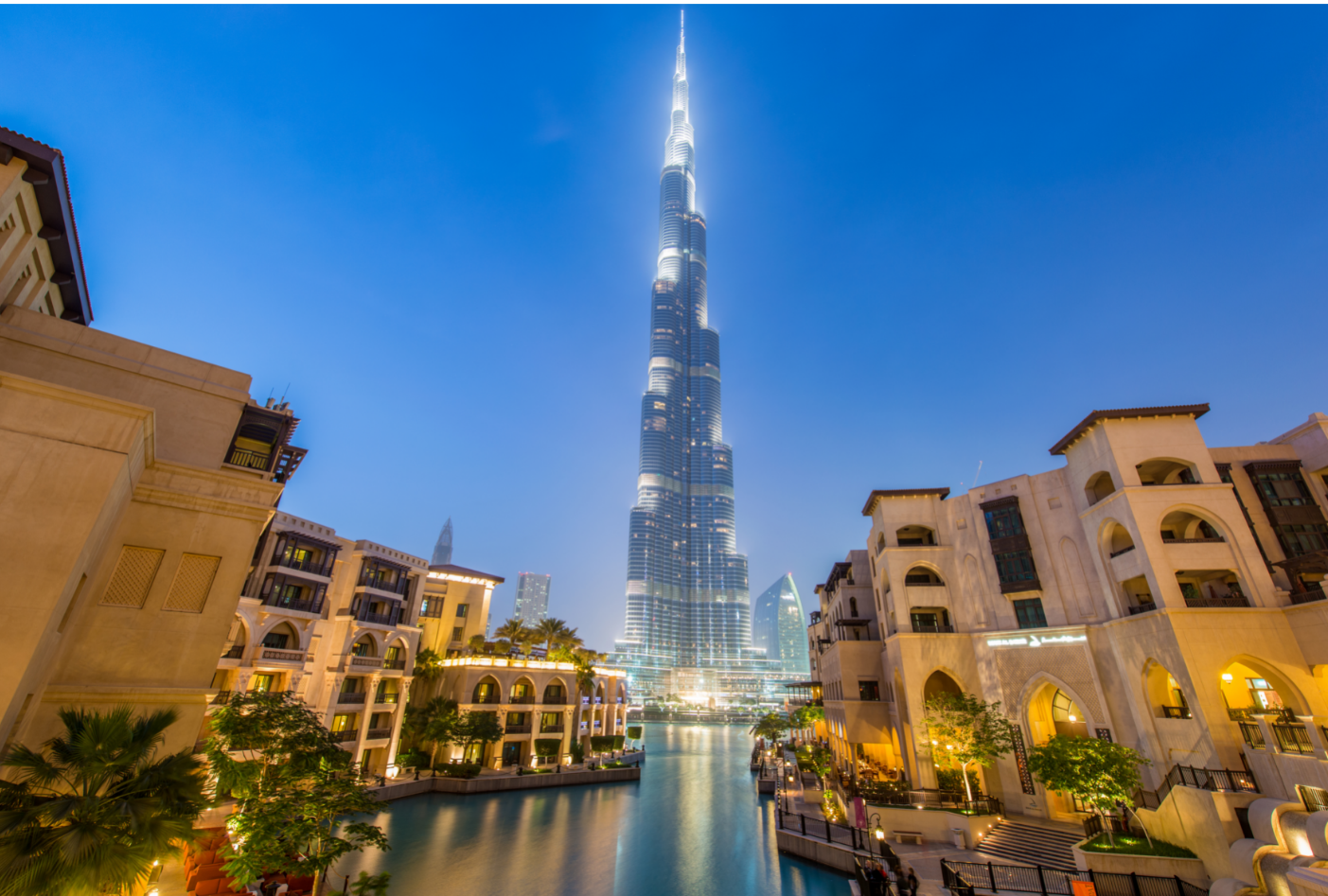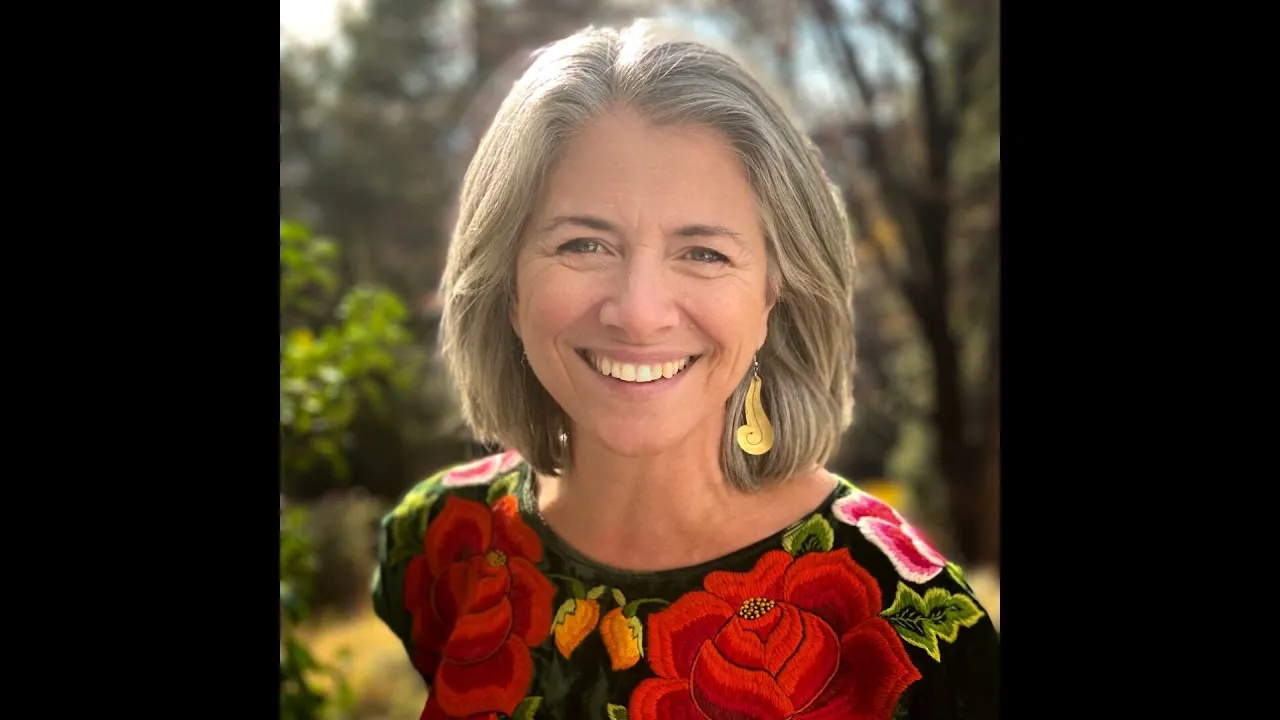Multitude of cultures and traditions
Dubai is a bustling city. It offers a wonderful lifestyle, sunny beaches, conveniences, ease of travel, safety, and a diverse expatriate community of many nationalities. For therapists, Dubai is a fascinating city to work in. It has idiosyncratic communities, unique cultural dilemmas and many taboo subjects. Intergenerational traumas from neighboring countries due to its vicinity to conflict zones are also prevalent.
Dubai is working on becoming one of the happiest cities in the world. As therapists we are well equipped and highly needed to make this vision a reality. But like any city, Dubai is right on the edge of a developing country while also rich in deeply held cultural beliefs and systems that are intertwined in people’s lives.
You get a complete spectrum of perspectives and beliefs. While some people think that “therapy is for crazy and weak people”, others will say that “therapy is a must, a lifestyle and just purely cool.” The possibilities are unlimited when it comes to expanding one’s horizon. An early career psychologist you may find yourself with a small and respectable practice. Or, you may like working for a national headline clinic with PR, branding, and celebrity-like coverage. If you’re cringing and not into that, don’t be worried, there’s a place for you.
One common concern among us therapists in Dubai is that we want to stay within our areas of competence. We only accept clients who we truly feel we can support given our education and qualification. This means that when we need to make a referral, we need to have a network of therapists whom we can refer to. The problem many of us are facing is that there’s a shortage of clinicians in some of specializations.
Shortage of specialists
We asked some Dubai-based therapists in what areas they have observed a shortage of talent and expertise. For example, Dr Nayla Daou, a child and adolescent psychologist and clinical director of ClearMinds Center has experienced a significant shortage in her referral network of therapists who could work with children under the age of 6.
“We need addiction counselors, addiction nurses, and family therapists, especially UAE national male clinical psychologists. To be honest, we need UAE national therapists in all areas of specialization.” Dr Fekreya Arjamand, clinical psychologist at the Carbone Clinic stated.
Dr Sarah Bougary, a psychiatrist and medical director of Monarch Health Center, named mental health nursing as an area of need. She added “community based social workers, wrap-around services, and therapists working with eating disorders, trauma, OCD, psychosis, personality disorders, sexual disorders and health psychology are needed as well.” Dr Madiha Khan, also a psychiatrist at Family First stated “according to my knowledge there are no long term programs (outpatient or inpatient) and even adequate inpatient treatments.”
Reema Baniabbasi a counsellor at Psychiatry and Therapy Center stated “I would add sexual violence. Here’s where having more trauma informed sexual health providers is so important to not re-traumatize patients. Due to stigma, unmarried female victims are afraid of approaching gynecology.” She added “we really are in need of more medical advocacy that could accompany victims in their medical journey.”
There are shortages of clinicians in many other areas of specialization. These are, for example neurodiversity, medical rehabilitation, couples therapy, family therapy, and forensic psychology.
Room for growth
The UAE is a wonderful place to live. It is also very unique when it comes to the mental health needs of the local and expatriate communities. Besides, clinical knowledge and competency, you will need to have an awareness of systemic issues and experience with working with various cultures. If you are proficient in various languages, particularly Arabic, you are in a strong position.
As we come out of a global pandemic, the need for qualified clinicians with relevant training and experience is palpable. We need multilingual and culturally attuned psychologists, psychotherapists and counsellors in this region. Generalists can help manage some of the mental health needs of various special populations. However, in some cases treatment may fall short of optimal outcomes. We need a diverse referral and consultation network of competent clinicians to help ensure appropriate and evidence-based psychological care.
Articles on www.hoopfull.com may feature advice and are for informational purposes only. It is not intended to be a substitute for medical advice, diagnosis or treatment from a trained professional. In an emergency, please seek help from your local medical or law enforcement services.



